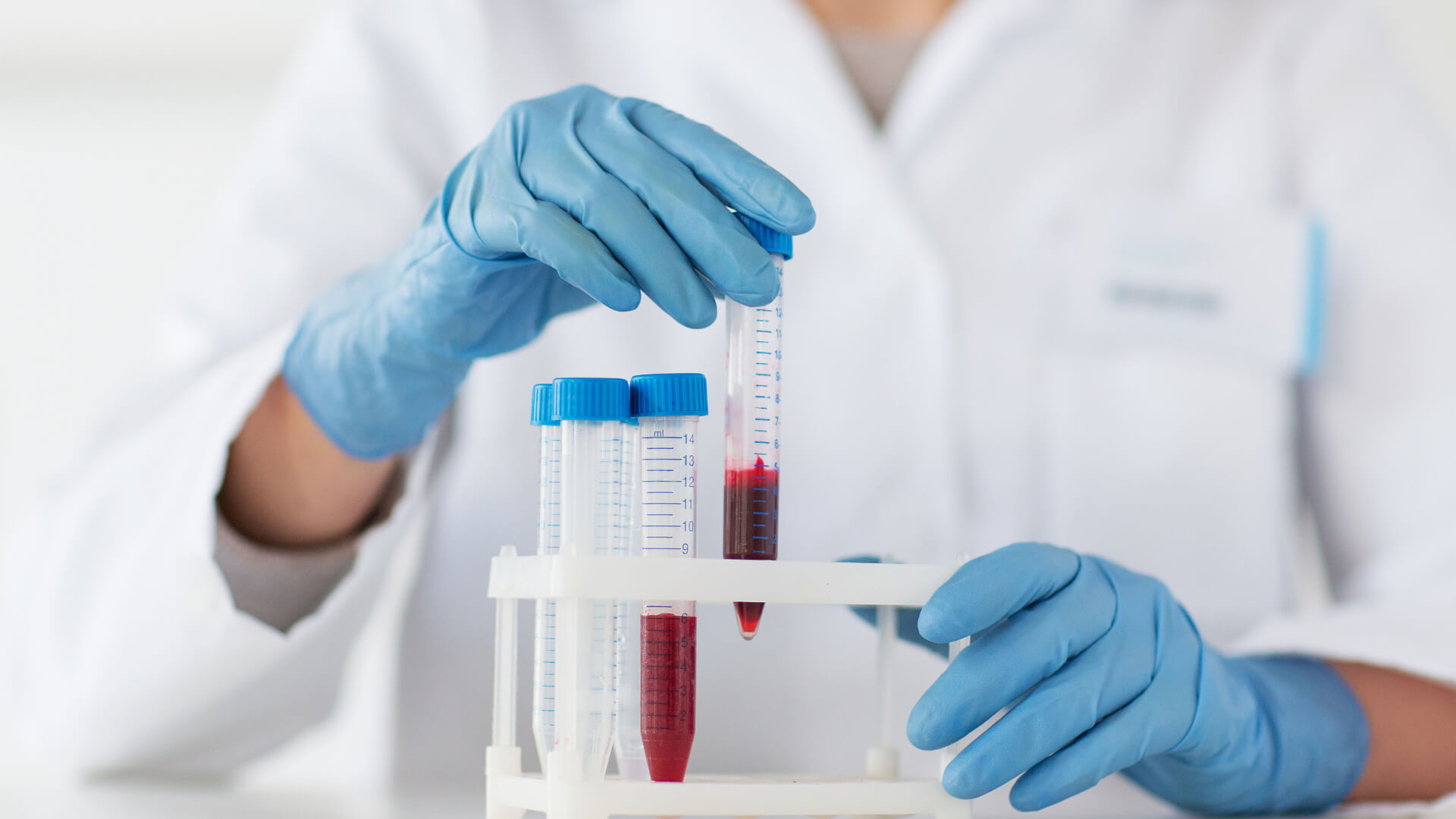Hypercalcemia (High Calcium)
Hypercalcemia Treatment & Kidney Specialists in Pennsylvania
Specialized Care For High Calcium Levels
Hypercalcemia happens when calcium in your blood is higher than normal. At Clinical Renal Associates, our board-certified nephrologists diagnose the cause and create a personalized plan to protect your kidneys, bones, heart, and overall health.

What Is Hypercalcemia?
Hypercalcemia is condition in which the calcium level in the blood becomes too high. While calcium is essential for strong bones, teeth, muscle function, and nerve signaling, having too much calcium can lead to weakened bones and kidney stones, among other complications.
Common causes include overactive parathyroid glands, certain medications or supplements, dehydration, and underlying conditions (e.g., certain cancers).

Signs & Symptoms
- Increased thirst and frequent urination
- Fatigue, nausea, constipation, or abdominal pain
- Muscle weakness or confusion
- Bone pain or kidney stones
- Constipation
Hypercalcemia can also lead to kidney failure, so it’s important to seek immediate care if symptoms are severe (e.g., confusion, severe weakness).
Diagnosing Hypercalcemia
Hypercalcemia is diagnosed through a routine blood test, called a Basic Metabolic Panel, that measures several blood chemical levels and kidney function. If high calcium levels are detected, your provider will conduct a thorough medical history and physical exam.
To further evaluate your condition, additional targeted tests may be ordered, including:
- Blood tests: Ionized calcium, parathyroid hormone (PTH), vitamin D, and other specific diagnostic tests for diseases that you may be at risk for.
- Urine tests: A 24-hour urine collection to assess urinary calcium levels.
- Imaging: Depending on your situation, your provider may recommend a kidney ultrasound or X-ray, chest X-ray, or CT scan.
Your provider at Clinical Renal Associates will order tests in an organized, sequential approach to avoid unnecessary tests and expense.
Personalized Hypercalcemia Care
Your treatment plan is tailored to the underlying cause and severity:
- Hydration & electrolyte management to stabilize levels
- Medication review/adjustments (e.g., stopping medications that contribute to hypercalcemia, and/or limiting calcium/vitamin D if appropriate)
- Targeted medication therapies that decrease calcium blood levels
- Kidney stone prevention strategies, if stones are present
- Parathyroid evaluation and coordinated referral when surgical care is appropriate
We explain every step, so you feel informed and supported.

Integrated Treatment at Clinical Renal Associates
Our integrated care model brings your testing, monitoring, and follow-up together in one place. We coordinate with your primary care and other specialists to keep you on track and help prevent further complications.